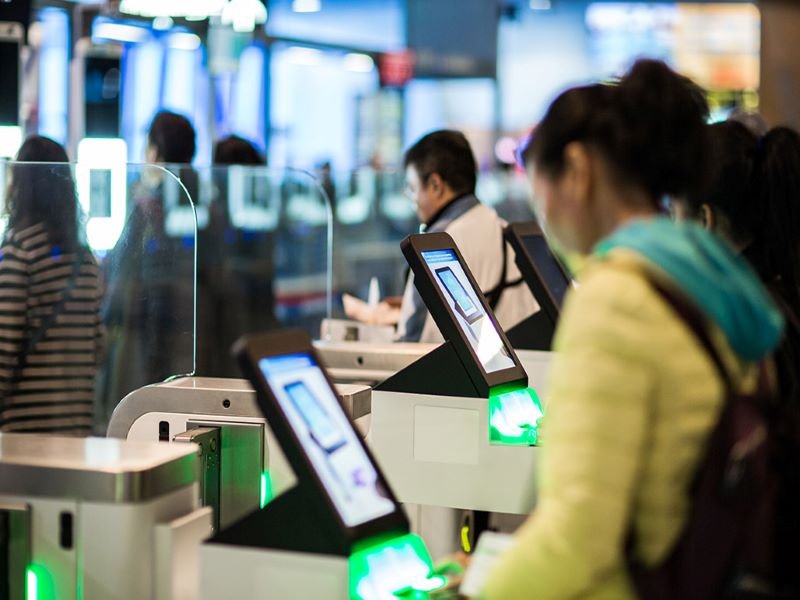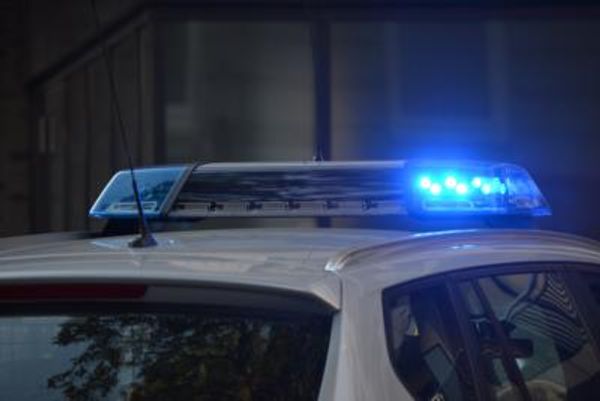A plan to introduce facial recognition SmartGates in the arrivals halls of Australia’s international airports has been revived, but the federal government will now adopt a two-step system that more closely resembles the existing setup.
The next-generation system is also now not expected to be rolled out at some airports until the end of 2024, several years after the Department of Home Affairs first envisioned replacing the ageing fleet of gates.

Home Affairs has spent the last five years working to replace the IDEMIA (formerly Morpho) SmartGates rolled out in 2007, having experienced setbacks related to the technology and, more recently, the pandemic.
Border technology provider Vision-Box was first contracted deliver the new fleet of arrivals gates at a cost of $22.5 million in July 2017, with the department trialing the new SmartGates at Canberra Airport in early 2018 and Perth Airport in late 2018.
It was part of the wider ‘Seamless Traveller’ initiative, a zero-touch border processing transformation that was also expected to automate the exiting marshalling process and abolish the paper-based incoming passenger card
But in mid-2019, the trial was paused pending a review that ultimately found the Vision-Box solution was not “fit-for-purpose”. Home Affairs subsequently changed tack, handing incumbent IDEMIA a $30 million deal to support the existing fleet until July 2024.
In December 2019, the last update on the project provided by Border Force before the pandemic-induced travel ban prevented Australians from travelling overseas without an exemption, the rollout was delayed until 2021-22.
Now, almost three years on, Home Affairs has outlined fresh plans to replace the existing SmartGates at eight airport arrivals halls with a next-generation system under what it is calls the IDEMIA Life Extension Project.
According to a recent tender for site-related works, the new system will be deployed at Darwin Airport in November and be ready for go-live in December, with Adelaide, Brisbane, Cairns, Coolangatta, Melbourne, Perth and Sydney airports set to follow.
Overseas arrivals have only recently surpassed one million travellers a month, according to data released by the Australian Bureau of Statistics last week, which is still only around half of the monthly pre-pandemic arrivals.
The new system to be deployed by Border Force is a “two-stage system”, much like the existing setup, requiring passengers to “process themselves at a SmartGate kiosk” and then a gate unit. “Biometric validation” will take place at both stages of the journey.
A Home Affairs spokesperson told InnovationAus.com that while new system adopted a two-stage approach to processing, it would “provide an improved experience for travellers entering the country, processing them more quickly and reducing bottlenecks”.
It is understood that while travellers will continue to use self-service kiosks to confirm and validate their identity, the new gates will use their face as the token, removing the need for the individual to present kiosk tickets at the gate.
The new system will use both face verification and face recognition, with the gate to search for the biometric captured at the kiosks and verify it against the live traveller, as well as their passport image.
It is distinctive from 2017 proposal which would have used facial recognition-enabled gates to match travellers against facial images stored in airlines’ advanced passenger processing systems, without the require them to present a passport or use a kiosk.
With all eight airports expected to receive new arrivals SmartGates sometime between late 2022 and the end of 2024, IDEMIA’s support and maintenance contract for arrivals SmartGates has climbed $12.8 million since the start of this year, bring its total value to $42.7 million.
IDEMIA was also recently awarded $180 million in contracts to replace the ageing fingerprints matching database used by law enforcement agencies across Australia.







